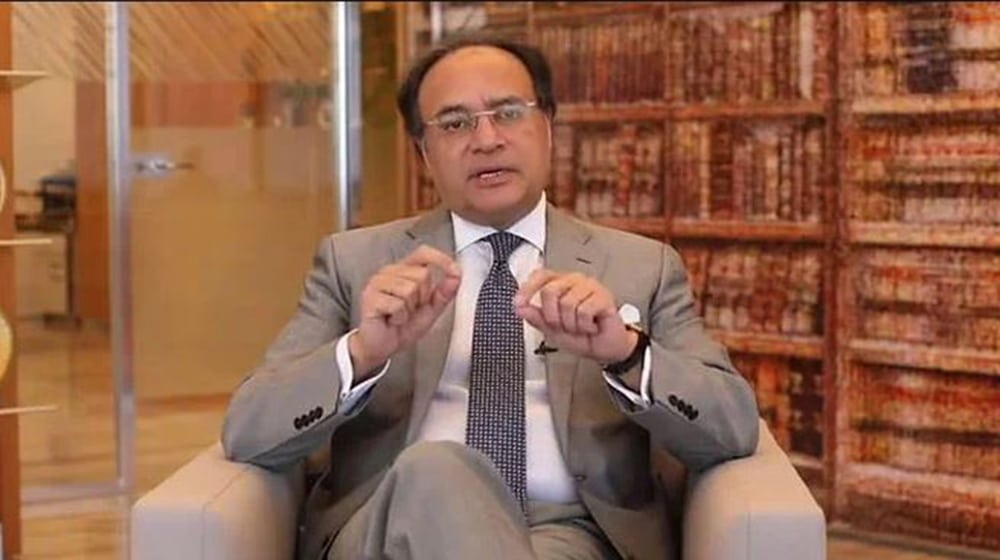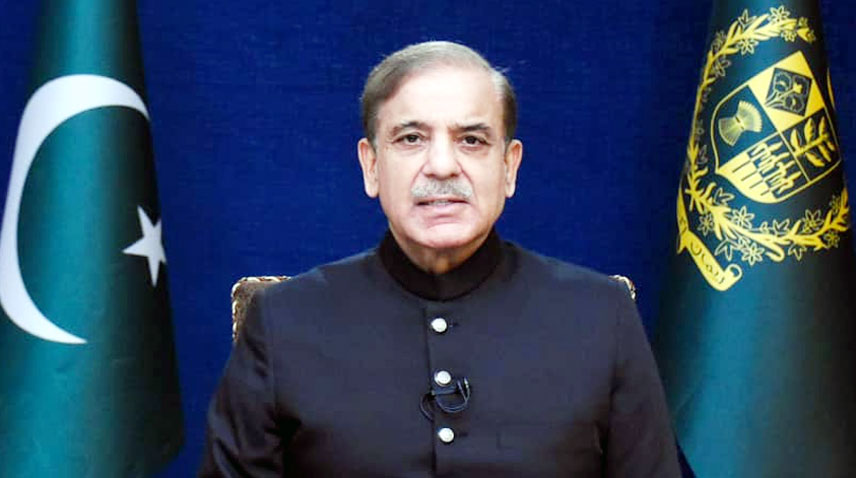Fince Minister Muhammad Aurangzeb expressed optimism today about Pakistan securing a new and final bailout from the Internationanal Monetary Fund (IMF). Speaking to the media in Islamabad on Sunday, Aurangzeb announced that the government intends to enter into a long-term agreement with the IMF. He hinted at future economic policies that would focus more on export growth rather than imposing export taxes.
Aurangzeb stated that the recent budget was formulated in consultation with the Washington-based lender. He announced immediate tax refunds for exporters and revealed plans to boost exports under the China-Pakistan Economic Corridor (CPEC-2).
Addressing the Rs. 10 per liter increase in the petroleum development levy on petrol and high-speed diesel as outlined in the federal budget for 2024-25, Aurangzeb clarified that the Petroleum Development Levy (PDL) will not be immediately increased to Rs. 70 per liter.
READ MORE: Government to Tax Dual Nationals, Tech Companies
He highlighted that the World Bank has approved a $1 billion financing package for the Dasu project and emphasized the government’s commitment to achieving micro-economic stability through similar initiatives. Aurangzeb praised the Federal Board of Revenue (FBR) for meeting its targets, including a 13 percent tax-to-GDP ratio. He outlined reforms in the power and petroleum sectors aimed at reducing losses in State-Owned Enterprises (SOEs) to create fiscal space.
Aurangzeb also emphasized ongoing digitization efforts within the FBR to reduce theft and corruption. He stated that the complete digitization of FBR processes would streamline operations, enhance transparency, and address systemic inefficiencies.
The Finance Minister announced that starting tomorrow, the FBR will implement new taxation measures for 42,000 retailers registered under the Tajir Dost scheme. He also mentioned recent tax adjustments affecting the salaried class and industries and disclosed a tax exemption of Rs. 3.9 trillion as part of Pakistan’s commitments under the IMF program.
Aurangzeb discussed efforts to broaden the tax base, stating that the budget introduced measures targeting the supply side while reducing allocations to the Public Sector Development Program (PSDP). The government plans to increasingly rely on public-private partnerships.
Finally, Aurangzeb announced the implementation of a new pension scheme starting tomorrow.





